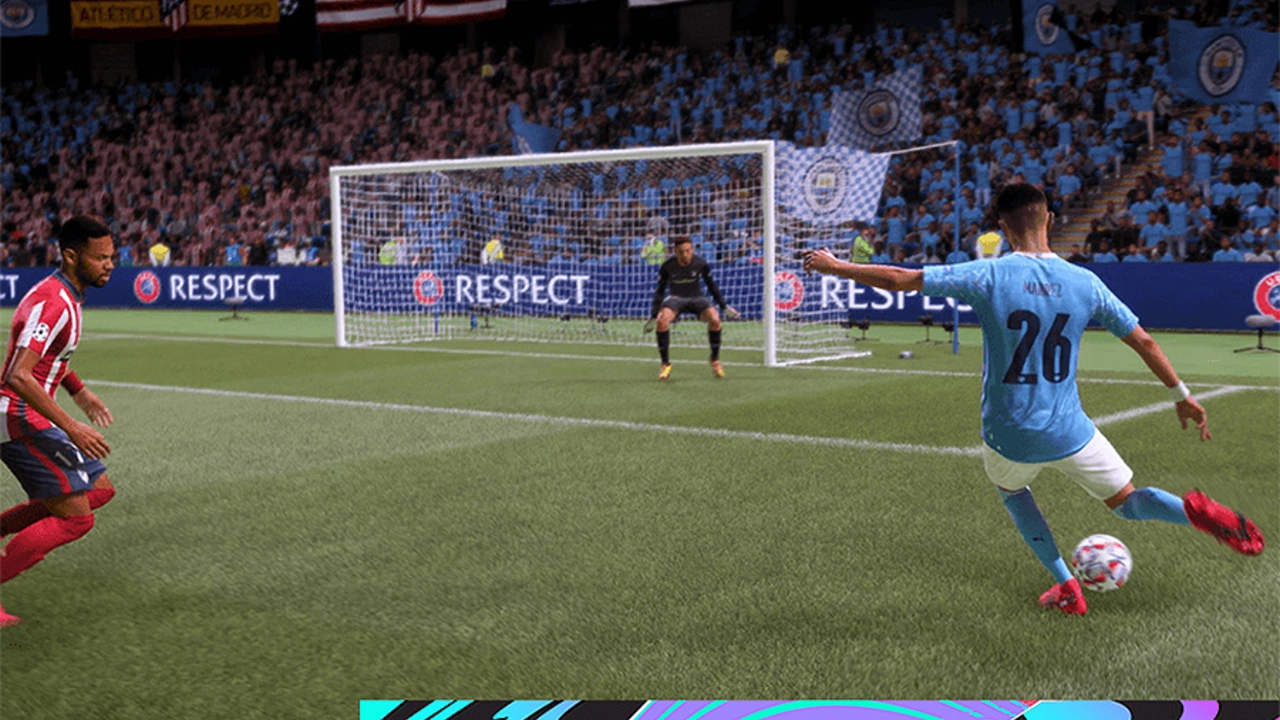Fairness in Soccer: Why It Matters
When you watch a match, you want the outcome to reflect what happened on the pitch, not a mistake off it. Fairness is the backbone of any sport, and soccer is no exception. It shapes how we feel about a win, how clubs build trust with fans, and even how young players see their future in the game.
Referees and VAR: Keeping the Game Honest
Referees are the first line of defense for fair play. A good whistle can stop a handball, a solid yellow can curb aggression, and a well‑timed red can protect a player from danger. But humans make errors, and that’s where VAR (Video Assistant Referee) steps in. VAR isn’t perfect—sometimes the replay is fuzzy, sometimes the decision feels delayed—but it adds a safety net that reduces obvious wrong calls.
Fans often argue about VAR’s speed and consistency, and those debates are valid. The key is transparency: when an official explains why a decision was changed, supporters feel respected. Clubs can help by educating supporters about the technology, and leagues can improve by standardising communication across stadiums.
Equal Opportunities Off the Pitch
Fairness isn’t just about the ninety minutes. It’s also about who gets a chance to play, coach, or earn a living from soccer. Women’s leagues are finally getting better pay and media coverage, but the gap is still wide. When a women's final draws the same crowds as a men’s match, it tells a powerful story about equality.
Another angle is grassroots access. If a local club charges high fees for kits or training, talented kids from low‑income families might never get a shot. Many clubs run scholarship programmes, community kits, and free coaching clinics to level the field. Supporting those initiatives—whether by volunteering, donating, or simply spreading the word—boosts fairness at the foundation of the sport.
Finally, consider player contracts and transfer rules. Restrictions that favour big clubs can cripple smaller teams, leading to an unbalanced competition. Leagues that impose salary caps or revenue‑sharing models keep the league competitive and the fans engaged.
So what can you, as a fan, do? Attend games and cheer for clean play, speak up when you see bias, and back clubs that invest in equal opportunities. Follow your favourite teams on social media and share stories of fair play—those narratives shape the culture.
When fairness becomes part of the everyday conversation, it moves from a buzzword to a reality on the field and off it. That’s the kind of soccer community we all want to belong to.
